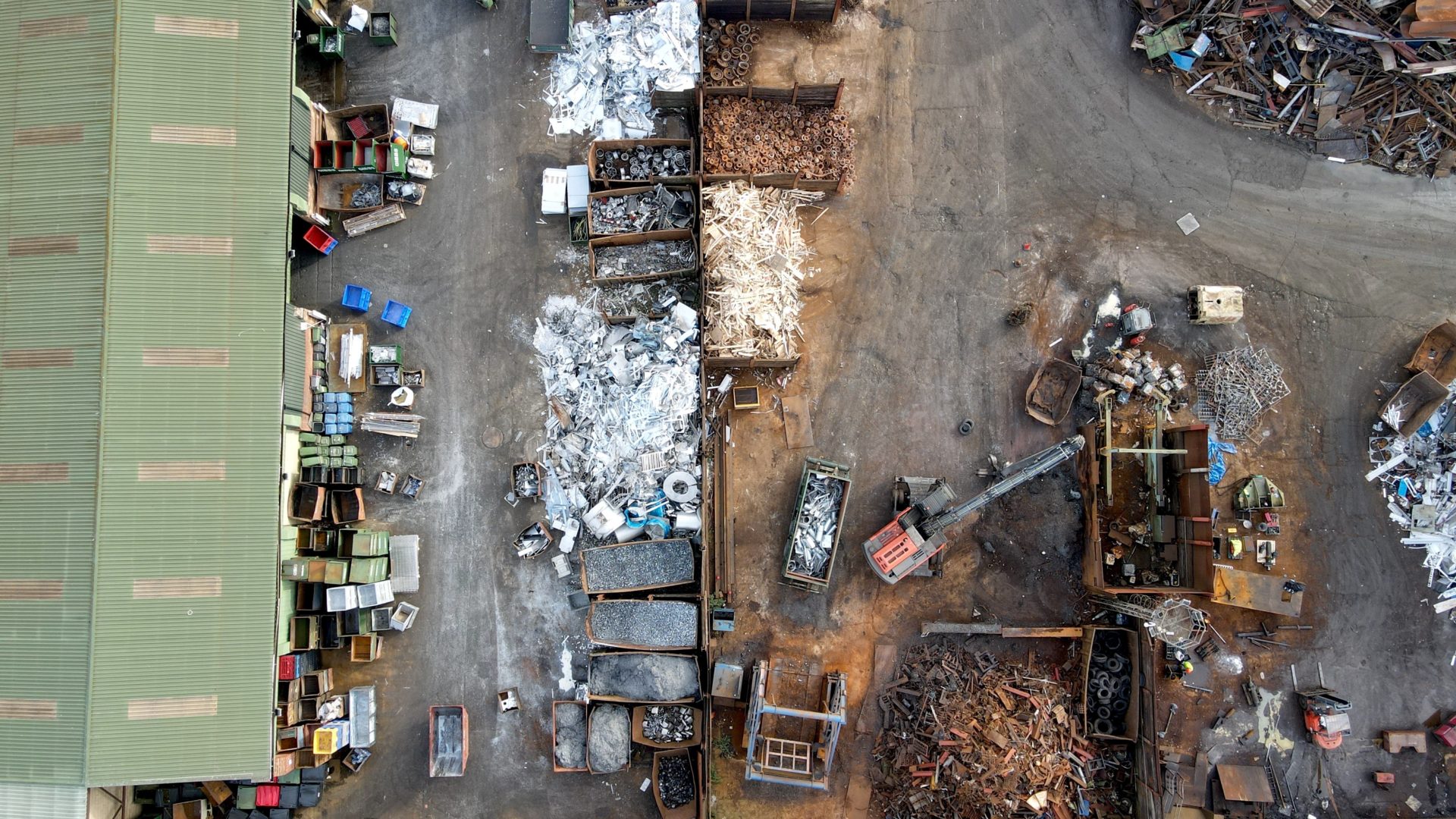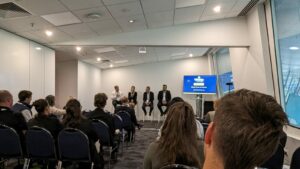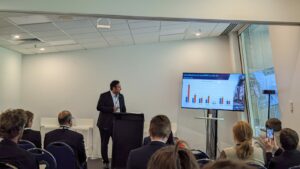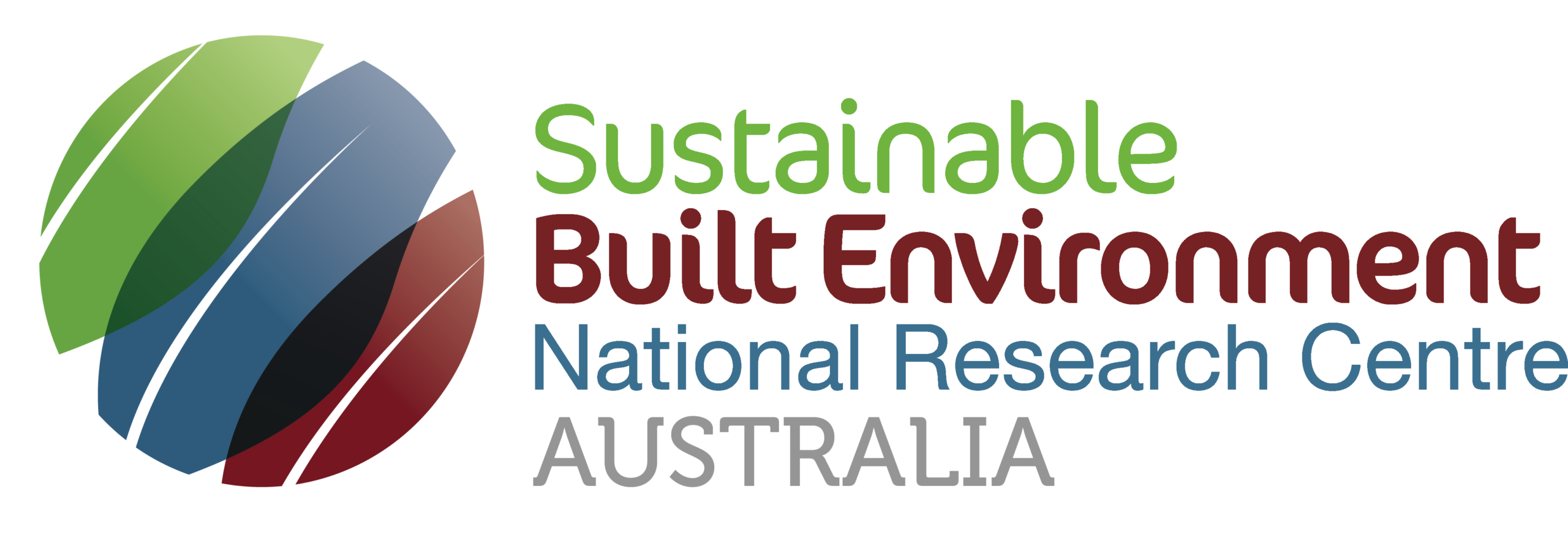
1.95 Using Recycled and Recyclable Products: Influencing Stakeholders through Circular Economy Practices

Project Number
1.95Round
Round 9Date
April 2023 – September 2024Research Team

Chair, Project Steering Group
Adrian Wiley
Executive Director, Circular Economy, Climate and Sustainability Portfolio
Department of Water and Environmental Regulation
adrian.wiley@dwer.wa.gov.au

Project Leader
Professor Peter Wong
BSc(Hon), MPhil., PhD
RMIT University
peter.wong2@rmit.edu.au

Project Manager
Dr Salman Shooshtarian
BSc MSc PhD
RMIT University
salman.shooshtarian@rmit.edu.au
Documents for Downloading
Video
Full video – P1.95 Using Recycled and Recyclable Products: Influencing Stakeholders through Circular Economy Practices (February 2025)
Publications
Shooshtarian S, Wong PSP and Maqsood T (2025) Circular Economy in Modular Construction: An Australian Case Study Journal of Building Engineering. 103 (2025): 112182. DOI: 10.1016/j.jobe.2025.112182
Jayarathna C, Ryley T, Caldera S, Shooshtarian S, Wong PSP, Zaman A and Ruiz AMC (2025) Role of training in changing designers’ attitudes and behaviour in optimal use of products with recycled content in the construction sector: A systematic literature review Resources, Conservation and Recycling Advances. 25 (2025): 200248. DOI: 10.1016/j.rcradv.2025.200248.
Shooshtarian S, Wong PSP, Maqsood T (2025) ‘Circular economy policies for the optimal use of recycled content in built environment‘. Construction Waste Lab (CWL). RMIT University, Melbourne, Australia. URL: https://bit.ly/3Zrfi4H
Shooshtarian S, Wong PSP and Maqsood T (2025) What Australia’s circular economy framework means for recycled content in the built environment The Fifth Estate. URL: https://bit.ly/41lYOeS
Shooshtarian S and Maqsood T (2023) ‘Circularity in the Australian built environment sector’. Australian Environment Review. 37 (8), 161-163. Circularity in the Australian Built Environment Sector (researchgate.net)
Shooshtarian S, Maqsood T and Wong PSP (2023) ‘Policy intervention of waste management’. In: Bandh, S.A., Malla, F.A. (eds) Waste Management in the Circular Economy. Springer, Cham. Springer Nature. DOI: 10.1007/978-3-031-42426-7_5.
Shooshtarian S, M Behzad, M Anam, T Maqsood and PSP Wong (26-28 November 2023) Improving Environmental Sustainability in Construction: Nature-Based Solutions and Products with Recycled Content Creating Capacity and Capability: Embracing Advanced Technologies and Innovations for Sustainable Future in Building Education and Practice. AUBEA2023 Conference. Massey University. Auckland, New Zealand.
Shooshtarian S, M Anam, T Maqsood, PSP Wong and M Behzad (4-7 December 2023) The Utilisation of Products with Recycled Content in Construction Projects to Combat Urban Heat Island Effects. 6th International Conference on Countermeasures to Urban Heat Islands. RMIT University, Melbourne, Australia.
Media
Shooshtarian S, Wong PSP and Maqsood T (2025) What Australia’s circular economy framework means for recycled content in the built environment The Fifth Estate. URL: https://bit.ly/41lYOeS
Shooshtarian S, Wong PSP and Maqsood T (2024) Asbestos in playground mulch: how to avoid a repeat of this circular economy scandal. The Conversation. Published April 18th, 2024.
Shooshtarian S (2024) Trash TV: streaming giants are failing to educate the young about waste recycling. Here’s why it matters. The Conversation.
Shooshtarian S (2024) was interviewed by AWE International on the topic of recycled materials risk safety. Can recycled products truly be safe or is the contamination risk too high? Published October 2nd, 2024.
Presentations
Training Session with ATCO delivered by Prof. Tim Ryley in person; Dr Salman Shooshtarian joined online. Wednesday 18th September 2024 at ATCO Structures in Luscombe, South East Queensland.
Training Session with Development WA delivered by Prof. Tim Ryley online. Tuesday 24th September 2024 at Development WA, Perth, Western Australia.
Salman Shooshtarian chairing a panel discussion (on C&D waste levy) Waste Expo Australia – Session Details – Panel Discussion: The Impact of Landfill Levies on the Construction and Demolition Sector – 25th Oct at the Melbourne Waste Expo 2023 (October 2023). Waste Expo 2023


Training Sessions
Project 1.95 Using Recycled and Recyclable Products: Influencing Stakeholders through Circular Economy Practices – Training package for construction designers.
As part of Project 1.95 a training package on “The use of products with recycled content in construction” was developed by the project team.
Prof Tim Ryley delivered the training and has completed some studio recordings of the material for use via the SBEnrc website.
The material takes around 35 minutes to complete and is broken down into the following four sessions:
This project will identify strategies to enhance the economic and environmental performance of projects using products with recycled and recyclable content; explore how Australian construction organisations can integrate circular economy principles into their business; develop a national training package for construction designers to foster uptake and identify what and investigate how national and state policy interventions may optimise the use of products with recycled and recyclable content in construction.
Objectives
The project aims to achieve the following objectives:
- Identify the strategies to enhance the economic and environmental performance of projects using products with recycled and recyclable content.
- Explore how Australian construction organisations can integrate circular economy principles into their business model/practice to foster uptake of local products with recycled and recyclable content.
- Develop a national training package for construction designers to foster uptake of products with recycled and recyclable content.
- Identify what and investigate how national and state policy interventions may optimise the use of products with recycled and recyclable content in construction.
Industry Outcomes
The project aims to enable industry:
- In-depth understanding of strategies that are aimed at enhancing the environmental and economic performance of products with recycled and recyclable content application in the construction industry.
- Offer pilot tested and validated education/training program aiming at behaviour and attitudinal changes for managing construction waste in the design phase.
- Provide recommendations for reforming existing waste regulation and standards in favour of optimised uptake of products with recycled and recyclable content.
- Advance construction projects environmental sustainability by introducing ways to improve the environmental footprints of products with recycled and recyclable content.











